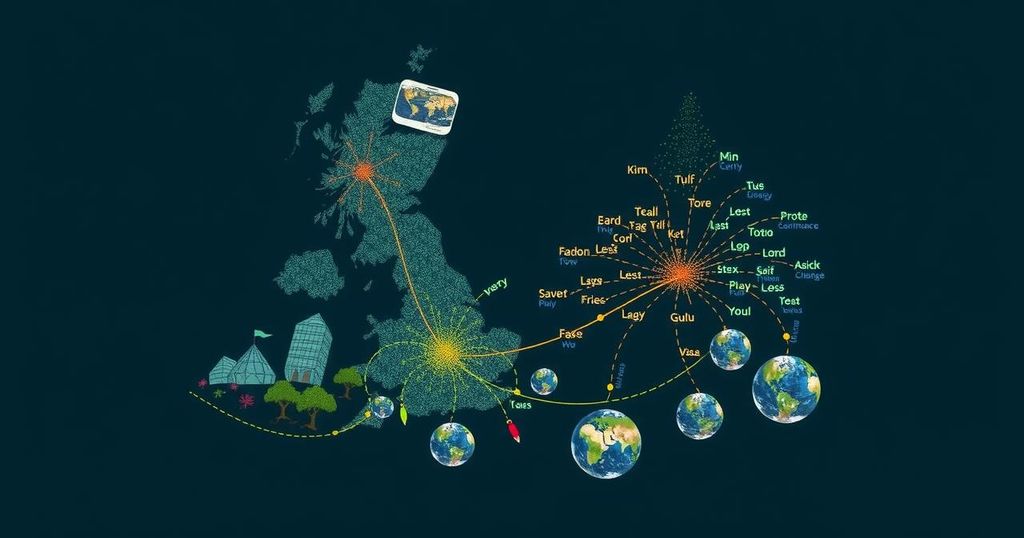The ICJ will hold hearings from December 2 on climate change obligations at the request of the UN General Assembly. More than 100 countries will present their cases. The hearings will address the legal responsibilities states have concerning climate change and potential consequences for those causing environmental harm. While not legally binding, the opinion may influence international legislation and future climate litigation.
The International Court of Justice (ICJ) will commence hearings on December 2 regarding an Advisory Opinion on climate change obligations. Over a two-week period, representatives from more than 100 countries and organizations will present their cases, seeking guidance on the legal responsibilities related to climate change. This initiative was sparked by a request from the United Nations General Assembly and is particularly significant for vulnerable nations like Vanuatu. The ICJ will explore the obligations of states under international law and the potential legal ramifications for actions leading to climate harm. Although advisory opinions from the ICJ are not binding, they serve as crucial interpretative guidance that may influence international legislation and future litigation on climate accountability. The Court’s analysis will likely reference the Paris Agreement and may incorporate frameworks from other international legal precedents, setting the stage for significant legal implications in global climate policy.
The hearings by the ICJ mark a pivotal moment in the realm of international law concerning climate change. Established in 1945, the ICJ facilitates legal disputes between nations and offers advisory opinions upon the request of the UN General Assembly. The focus on climate change reflects growing international concerns about the legal implications of greenhouse gas emissions, particularly for states especially vulnerable to climate impacts. Vanuatu’s appeal for an advisory opinion underscores the urgency of this issue and highlights the potential for legally binding interpretations that could emerge from the proceedings.
In conclusion, the ICJ’s upcoming hearings represent a critical examination of state obligations regarding climate change under international law. While the resulting advisory opinion will not impose legal enforcement, it holds substantial potential to shape future legal standards and obligations. The interplay between established treaties like the Paris Agreement and emerging interpretations from international courts may lead to heightened accountability for nations as the world increasingly grapples with climate-related challenges.
Original Source: www.forbes.com






